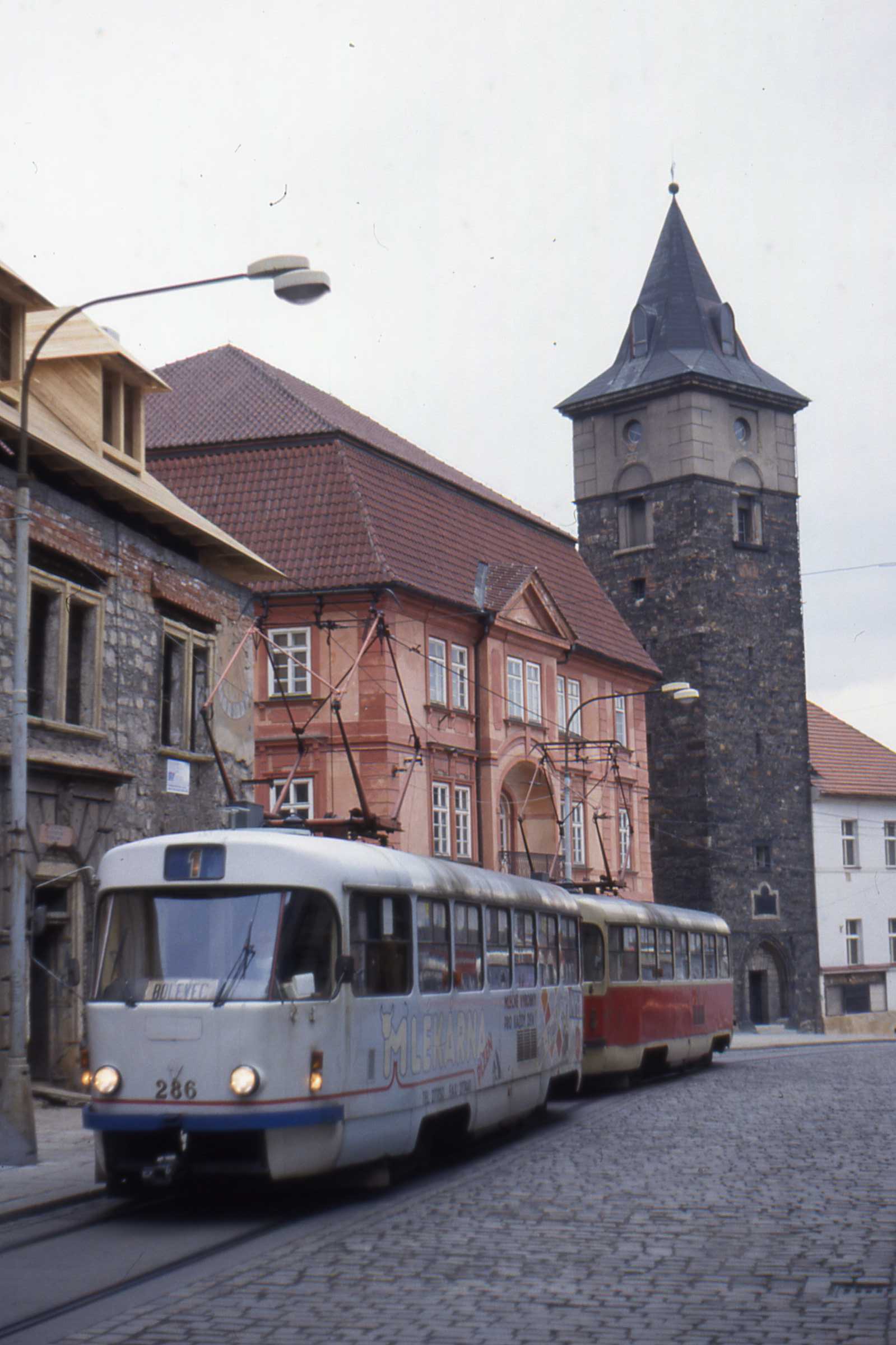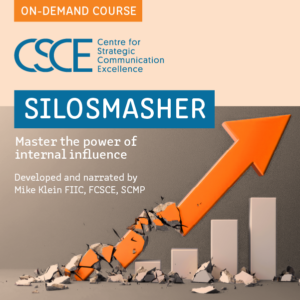Wednesday, December 24, 2025
Wednesday, December 24, 2025

by Silvia Cambie:
The first thing I noticed was an eerie darkness. Not just the absence of light in the streets but the presence of a barrier of coal dust, decay and viscous history between the windshield of my car and the surroundings.
It was a few months after the fall of the Berlin Wall and I was driving through the Czechoslovak town of Plzen on my way to Prague and my new life as a journalist.
The movie 1984 I had seen a few years before, immediately came to mind… the gutted houses, the fading slogans on the façades of factory buildings and the unforgiving darkness.
It’s different shades of that darkness that would make up the background of my articles in the years to come.
Because after all, it was the darkness of 50 years of a totalitarian regime and its surviving hold on people’s souls and future I had come to investigate. I would later learn to recognise the signs… the addiction to conspiracy theories, the sound bites residue of indoctrination, the obsession with an imaginary enemy and the need to be right all the time because for too long you were told you weren’t.
That’s why the developments of the recent months and the attitudes of an increasing number of audiences have been giving me a sense of déjà vu.
I am referring to what is best expressed in the 2025 Edelman Trust Barometer’s findings. Sixty-one percent of people globally “hold grievances against government, business, and the rich”. Four in ten respondents (53% of the 18–34-year-old demographic) believe hostile activism (including attacking people online, spreading misinformation) is legitimate.
This sentiment is echoed by a key point of the 2025 Fleishmann Hillard Corporate Affairs Trends report. Under the disturbing heading “ Ubiquitous Malignancy”, the PR agency points out that “every communication situation now includes an element of malignancy” characterized by misinformation, inauthentic content, trolls, bots…
I am having a déjà vu because what is happening now has a lot in common with the legacy of the oppressive system I experienced then:
Desperately seeking an enemy
During the Cold War, America was the villain, believed to have arcane powers able to reach into the most remote corners of the economy and society.
By the time I got to Prague, it had been replaced by Germany. Its companies were buying up many of the Czech industry undergoing privatization, including a coveted piece of Czechoslovak ‘family silver’, the car manufacturer Skoda which Volkswagen was acquiring. I was writing for a German business daily and got my fair share of that animosity.
Lately, China became the enemy par excellence. It doesn’t matter if the invasion of Taiwan is imminent or not, the narrative around a stereotypical foreign power resonates with memories from the past… et voilà the Czechs have a new Feindbild.
I love this concept from sociology and psychology, which translated means ‘enemy image’ or ‘a stereotyped, exaggerated, and often demonized perception of an adversary or enemy’.
It is unconventional tools like psychology and behavioral science that Fleishmann Hillard is recommending to counter current misinformation.
Imagine a team member whose geopolitical grievances inappropriately find their way into a client presentation or a PPT for an internal meeting.
I have been there… confronting the situation head-on won’t help. First, you have to familiarise yourself with those geopolitics. You have to listen to the person and their grievances and slowly nudge them towards an alternative narrative. Sometimes it helps to make them understand that their militant behavior only serves to isolate them from the rest of the team and earn them a company-wide reputation for not being collaborative.
Fly me to the Moon
The other day I was listening to Joe Rogan’ s podcast and his notorious interview with Mark Zuckerberg, in which Rogan spouted that “trust in media has fallen off a cliff”.
Instantly, I was transported back… back to the days when my post-Cold-War interviewees used to tell me that, anyway, they did not trust newspapers because all they could expect from the media was lies, information printed to cover up corruption in the new government or shady deals enriching the members of the former secret police.
I never saw my interpreter at the time, a university graduate fluent in multiple languages, read a newspaper. She would leave the room every time I turned on the evening news. She and her husband would instead take refuge in science fiction. Together with their friends, they had been avid sci-fi readers for years, forever engaging in long discussions about parallel dimensions and far away planets.
The comfort that sci-fi had given them during the hard days of communism had become a tool for expressing their distrust in the new government. It seemed to me they were swapping their right to actively participate in a new society (reading newspapers is an important part of it…) for the familiar option of retrieving into themselves and a made-up world.
Our internal comms audiences might not have been subject to Cold War propaganda, but they are probably being exposed to political pressure and highly polarised narratives. They are likely to be sceptical of employee communication and find refuge in cohorts that share their grievances.
Strong Man, Weak Spot
I will never forget the image of a woman sitting at the table in a narrow little kitchen nursing a glass of vodka, sobbing inconsolably, and talking to herself.
I don’t remember whose party it was but I had left the crowd in the living room to escape the throbbing music, in search of peace. The woman was carrying on with her desolate monologue, “I loved him… I really loved him”. I pictured a lover, somewhere out there in the dark Prague night, having just jilted her.
So, when she uttered the word “Stalin”, my jaw dropped… at the same time, my journalistic instinct kicked into high gear and I became immensely intrigued.
Again and again over the years, I would come across that infatuation with a strong figure … a nostalgic longing for a protective patriarch.
I don’t need to spell out the parallels to our present situation.
Beyond the politics and the 2024 election results, I wonder whether the legacy of Covid might be also be playing a role. Having felt powerless during repeated waves of lockdowns and forced isolation, people might be craving the safety and guidance of a dominant patriarch. And this factor might be reflected in another finding from the 2025 Barometer. The people surveyed want CEOs to work on social concerns “when their business contributed to the problem…” or when “they could have a major positive impact”.
I sense a disturbing trend here. In their yearning for an authoritative protector, our employees might end up holding unrealistic expectations of our corporate leaders and react to our internal communication in unforeseen ways.
The same thing could happen with AI, as people start treating it like a source of omniscient authority, expecting more than it can currently deliver.
I have never liked the people-don’t-learn-from-history cliché… a bit worn out.
However, we live in a world where comms, far from being shaped by professionalism, is warped by misinformation, polarization, and the allure of easy answers.
It is only by recognizing the echoes of the past that we can build resilience and develop discernment, empowering our audiences to question narratives and, hopefully, see beyond the malignancy.
+++
Silvia Cambie is an accomplished professional who works at the crossroads of communication and technology. A former business journalist, Silvia’s background spans PR, corporate affairs, enterprise social networking and internal comms. Her experience in tech includes digital transformation, Cloud, AI and change management. She is a #WeLeadComms honouree and a published author.
Written by: Editor
You must be logged in to post a comment.
© 2025 Stratpair Ltd., trading as Strategic. Registered in Ireland: 747736
This historical context is powerful. Thank you for sharing your experiences.
I’d love to hear more about how to put your suggestion of empowering audiences to question narratives into practice. What strategic framework would you recommend?
I would start with building a climate of open dialogue at team level. To give you an example, in a former role where I was co-leading a large team, we used open interviews as a vehicle to promote dialogue. During our fortnightly virtual team meetings, I would conduct interviews (building on my background in journalism) with team members who volunteered to open up about experiences in their life & work, challenges they were able to overcome, difficult situations they had to confront. The team would listen with respect and an open mind and ask questions. We introduced this methodology at micro (team) level to empower people not to shy away from asking difficult questions at macro level (town-halls, etc.). Even if you think your corporate culture is not conducive to openness due to the overall narrative, there is a lot you can do at team level.